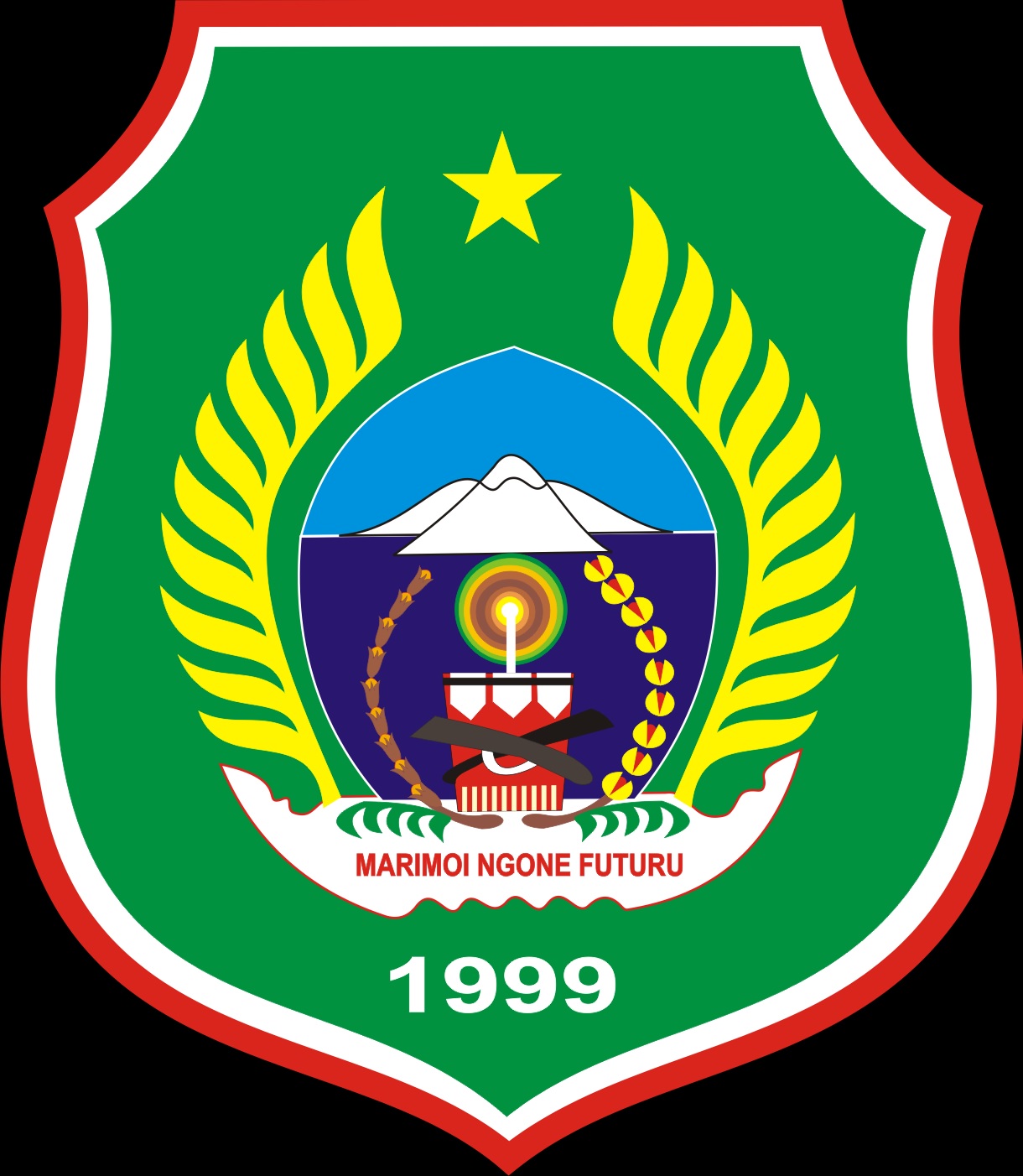Maluku Utara
North Maluku

Maluku Utari, or North Maluku, became its own province in 1999, carved out of the larger Maluku province. The region had historically been composed of four kingdoms, called Moluku Kie Raha, the Four Mountains of Moluku. The region was prosperous as far back as 1081 when the first Kië ma-kolano, King of the Mountain, ascended the throne of the island of Tidore. Together with the islands of Ternate, Bican and Jailolo, these were part of the thousand or so Spice Islands, which had been producing exotic spices such as nutmeg, cloves, mace and pepper for thousands of years and travellers came from the ends of the known earth to trade in these luxuries. Most of the merchants were Muslim, and Islam became the predominant religion by the mid 15th century.
In the 16th century, Italian, Portuguese and Spanish influences arrived to cash in and brought Christianity with them. They promptly attempted to proselytize, with mixed results. Their motivation was not purely trade and religion, however. Taking over was also on the table, so they were often meddling in the internal politics between the four kingdoms, or Sultanates as they had become. There was essentially a four-way civil war, with an overlay of religious tension.
The Ternatan power base decided to enlist the aid of the Dutch in 1599, who responded with vigour, putting Sultan Mudafar Syah back on the throne of Ternate in exchange for a monopoly of the spice cultivation and trade on that island. The Dutch then set about gaining control of the rest of the region, which they accomplished in stages by 1861. The Dutch were in some respects absentee landlords, and so long as they had their trade monopoly they were disinclined to meddle in politics at the local level, or religion. So Ternate, Tidore and Bacan enjoyed the strictly controlled freedom of being zelfbesturende landschappen, or self-ruling territories. (Jailolo was a vassal state of Ternate). The bitter rivalries and religious tensions remained, just under the surface.
The Second World War and more particularly the Japanese put an end to Dutch rule, and after the war, and after a failed uprising sponsored by the CIA, the Indonesian government took control of the powder keg that was Maluku.
In 1999, tensions between a group of Muslim migrants, the Makianese, and the Christian minority erupted in the Maluku Sectarian Conflict. The conflict raged through Ternate, and seemed likely to involve the death of all the Christians and Chinese in the area. The Sultan's guard, who were all Muslim of course, put a stop to the violence and are credited with preventing a massacre. The Malino II Accord resolved the conflict in 2002.
Apparently it's a real fun place to visit now, so let's go!